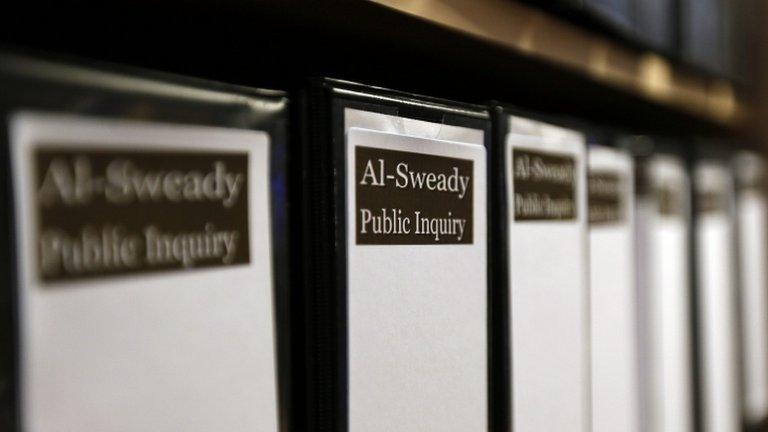Iraq abuse case lawyer 'needed to keep claimant sweet'
- Published
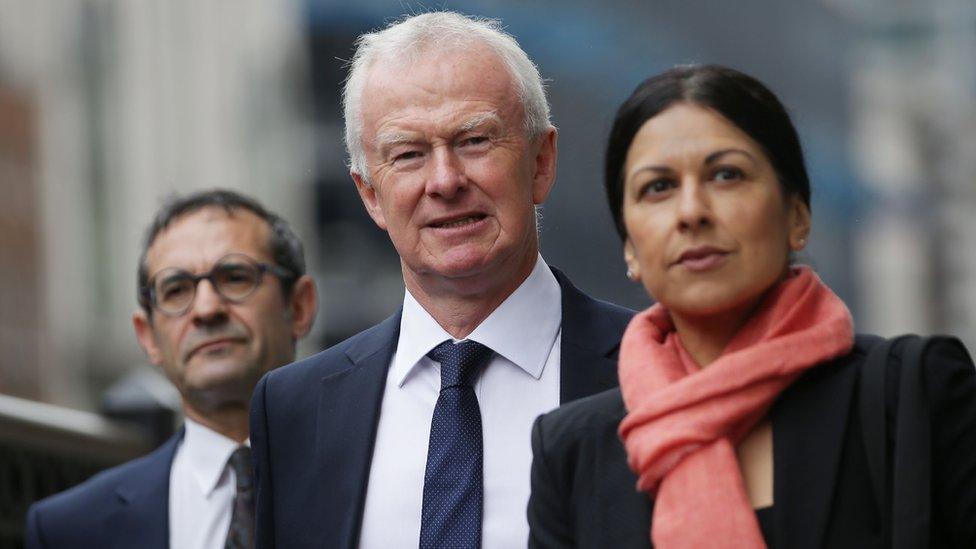
Martyn Day, middle, is facing 19 misconduct charges over how his firm handled claims of abuse against British troops in Iraq
A lawyer failed to investigate warnings about an Iraq War abuse claimant because he needed to "keep him sweet", a tribunal has heard.
Martyn Day, co-founder of Leigh Day law firm, allegedly knew there were concerns that Khuder Al-Sweady was a member of the Shia militia Mahdi Army.
The hearing was told Mr Day had been sent emails alleging Al-Sweady was threatening other claimants.
Leigh Day and solicitors Martyn Day and Sapna Malik deny 19 misconduct charges.
Fellow solicitor Anna Crowther also denies one allegation of misconduct at the Solicitors Disciplinary Tribunal in London.
'Threats to kill'
Leigh Day pursued damages claims against the Ministry of Defence over the alleged mistreatment and unlawful killing of captives at an Iraqi military base in May 2004.
Among them was an allegation by Khuder Al-Sweady that his nephew, Hamid Al-Sweady, was unlawfully killed while in the custody of British troops at Camp Abu Naji.
The claims led to the Al-Sweady public inquiry being set up in 2009 to investigate allegations UK soldiers mistreated Iraqi captives.
Timothy Dutton, acting for the Solicitors Regulation Authority (SRA), told the hearing that Leigh Day pursued the claims when it was "improper" to do so.
He said the firm had received an email from a "trusted intermediary", Mazin Younis, warning that Al-Sweady "was a member of the Mahdi Army and was intimidating and blackmailing the detainees" in April 2008.
Mr Dutton said: "The email should have caused [Leigh Day] serious concern."
What was the Al-Sweady inquiry?
The tribunal heard that Mr Younis also emailed his concerns to solicitor Phil Shiner, who was struck off in February for dishonesty over his handling of the abuse claims. In this email, he said Al-Sweady had threatened to kill a local fixer.
Mr Dutton said: "You cannot simply allow such a matter to sit on the file unresolved."
Mr Dutton said the claims against Al-Sweady were not investigated as Mr Day "felt it would be difficult, if not impossible, to run the claims without Khuder Al-Sweady."
In January 2012, Ms Crowther became aware of further violent threats but Mr Dutton said: "That leads to all correspondence being channelled through Khuder Al-Sweady, the man who was making the threats.
"It is, I regret to say, symptomatic of the need to keep him sweet as the lead client."
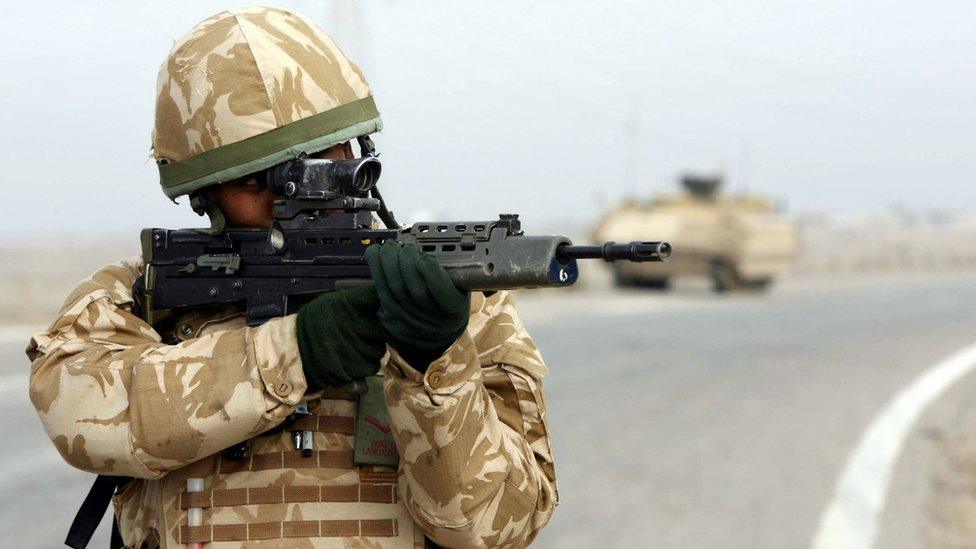
The SDT panel was also told about an allegation that Ms Crowther destroyed an original piece of "significant" evidence - a 2004 English translation of a list of detainees linked to the radical Shia group Office of the Martyr Al Sadr (OMS).
The tribunal heard she had typed up the the handwritten English translation and then destroyed the original by discarding it in confidential waste.
Mr Dutton said he wanted to make it clear he was not suggesting Ms Crowther had acted with "dishonesty".
However, he went on to say it was not a "minor mistake but a "careless error".
The Al-Sweady inquiry concluded in its final report that the conduct of some soldiers towards detainees breached the Geneva Convention.
But it was highly critical of the claims it was initially set up to investigate - that Iraqi detainees had been murdered, mutilated and tortured following the Battle of Danny Boy.
The tribunal, which is scheduled to last seven weeks, is expected to be the longest and most expensive in the Solicitors Disciplinary Tribunal's history.
- Published24 April 2017
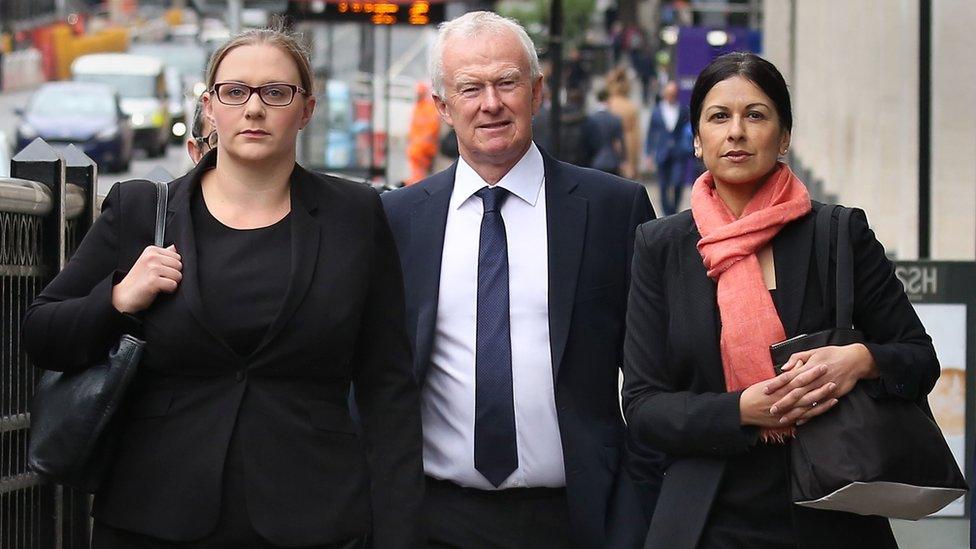
- Published2 February 2017
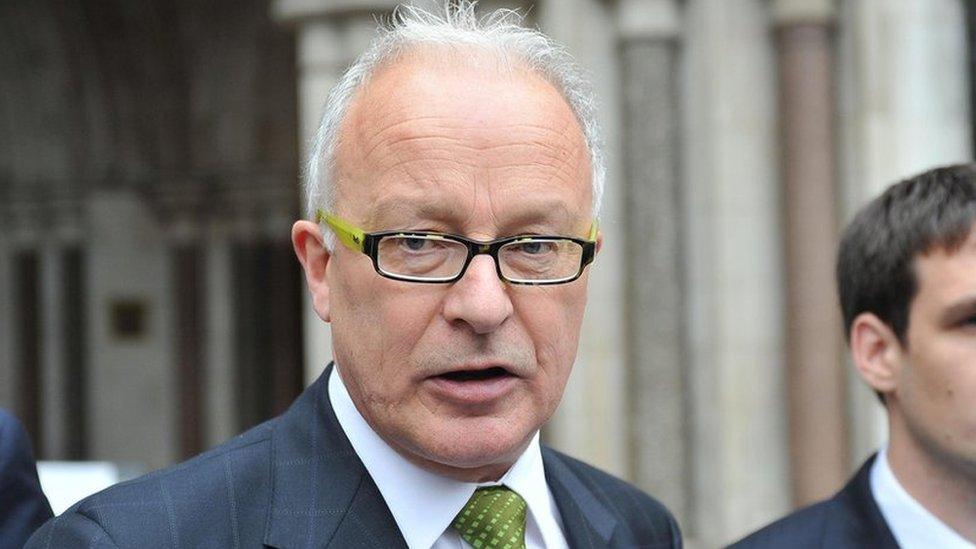
- Published17 December 2014

- Published17 December 2014
